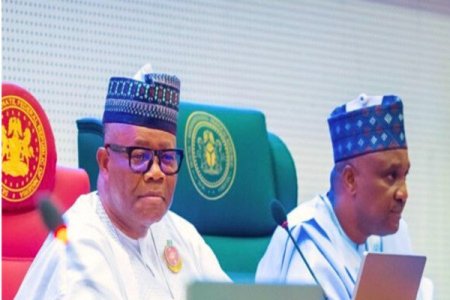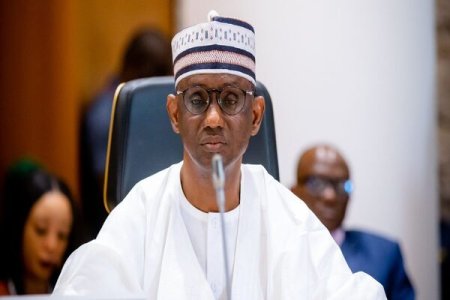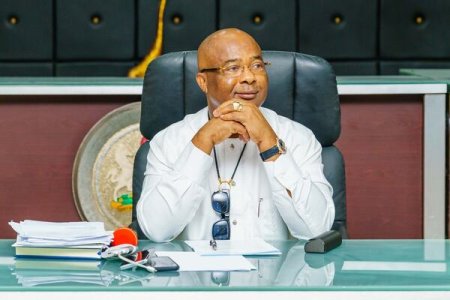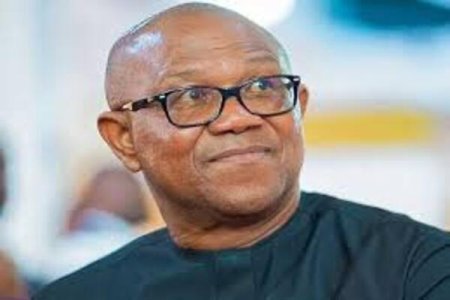
The National Assembly has approved the ₦54.99 trillion 2025 budget, allocating funds for debt servicing, recurrent expenditure, and capital projects. The fiscal deficit stands at ₦13.08 trillion. Lawmakers urged the executive to submit future budgets earlier to maintain the January-December cycle. Analysts assess its economic impact.
The National Assembly has approved the ₦54.99 trillion 2025 Appropriation Bill, marking a crucial step in Nigeria’s fiscal planning. The budget, which was passed separately by both chambers on Thursday, reflects key allocations, including ₦3.645 trillion for statutory transfers, ₦14.317 trillion for debt servicing, and ₦13.64 trillion for recurrent expenditure. The capital expenditure was pegged at ₦23.963 trillion, while the fiscal deficit stood at ₦13.08 trillion, representing a 1.52% deficit-to-GDP ratio.
President Bola Tinubu had previously increased the initial budget proposal from ₦49.7 trillion to ₦54.2 trillion before seeking legislative approval. During deliberations, the Chairman of the House Committee on Appropriations, Abubakar Bichi, revealed that the committee engaged the Presidential Economic Planning team to fine-tune revenue projections and expenditure estimates. He noted that the late submission of the budget delayed the approval process and urged the executive to adhere to the three-month submission rule to maintain the January-December budget cycle.
With the passage of the bill, the focus now shifts to implementation, as economic analysts weigh its impact on growth, inflation, and Nigeria’s debt sustainability.




